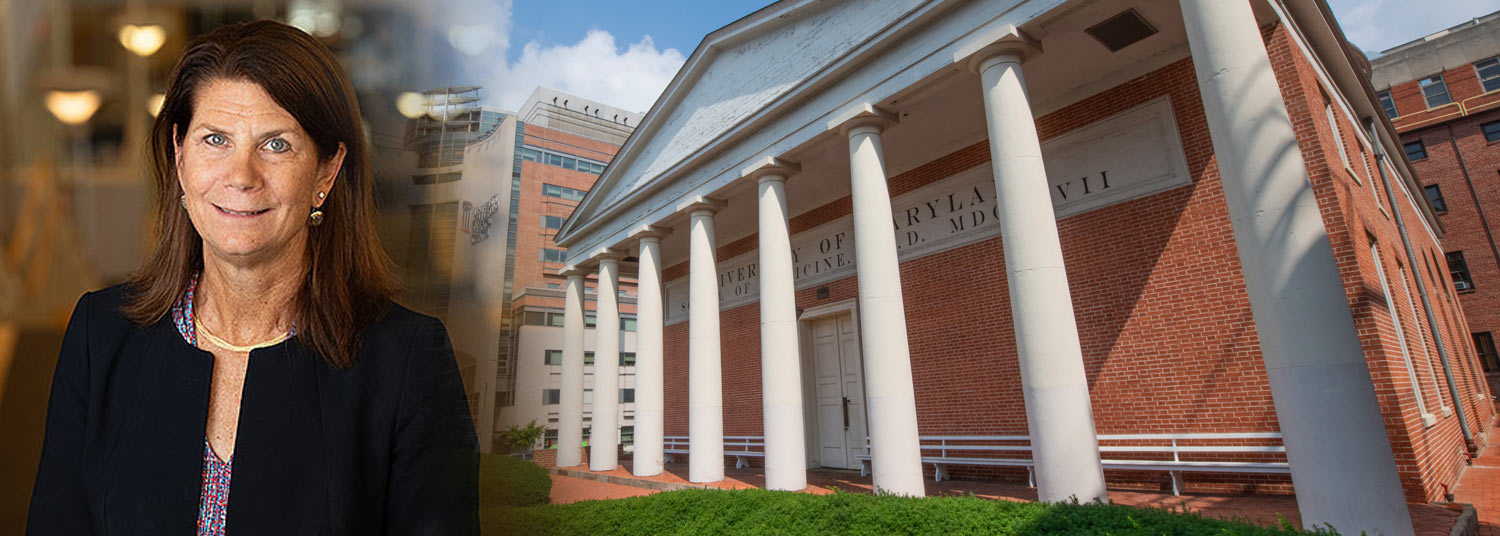March 28, 2024 | Deborah Kotz
Dr. Neuzil is the first woman to hold the permanent directorship and begins her position in May
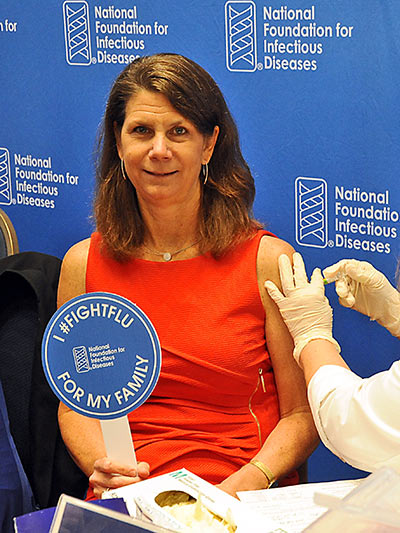 Kathleen M. Neuzil, MD, MPH, Director of the University of Maryland School of Medicine’s (UMSOM) Center for Vaccine Development and Global Health, has been named the 13th director of the Fogarty International Center (FIC), which is part of the National Institutes of Health (NIH). Dr. Neuzil will be the first woman to hold the permanent directorship since the center’s founding in 1968 and will also hold the position of Associate Director for International Research at NIH.
Kathleen M. Neuzil, MD, MPH, Director of the University of Maryland School of Medicine’s (UMSOM) Center for Vaccine Development and Global Health, has been named the 13th director of the Fogarty International Center (FIC), which is part of the National Institutes of Health (NIH). Dr. Neuzil will be the first woman to hold the permanent directorship since the center’s founding in 1968 and will also hold the position of Associate Director for International Research at NIH.
She is currently the Myron M. Levine MD, DTPH, Endowed Professor of Vaccinology, and Chief of the Division of Geographic Medicine at UMSOM and has directed the Center for Vaccine Development and Global Health (CVD) for nearly 9 years. She is expected to leave CVD and will join NIH in May.
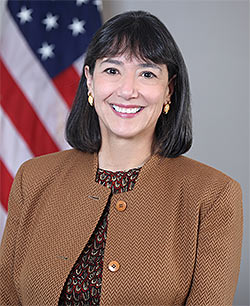 “Dr. Neuzil has decades of experience in global health, specifically in vaccinology. Her impressive research portfolio includes clinical and epidemiological studies into dozens of infectious diseases,” said NIH Director Monica M. Bertagnolli, M.D. “Combined with her many years as a vaccine policy advisor to the Centers for Disease Control and Prevention and the World Health Organization, and her experience establishing new partnerships and directing diverse organization teams, she is very well suited to lead FIC.”
“Dr. Neuzil has decades of experience in global health, specifically in vaccinology. Her impressive research portfolio includes clinical and epidemiological studies into dozens of infectious diseases,” said NIH Director Monica M. Bertagnolli, M.D. “Combined with her many years as a vaccine policy advisor to the Centers for Disease Control and Prevention and the World Health Organization, and her experience establishing new partnerships and directing diverse organization teams, she is very well suited to lead FIC.”
Dr. Neuzil will lead FIC in its mission of supporting and facilitating global health research conducted by U.S.-based and international investigators, building partnerships between health research institutions across the globe, and training the next generation of scientists to address global health needs. She will oversee FIC’s annual budget of approximately $86 million, the majority of which is distributed through the Center’s grant programs.
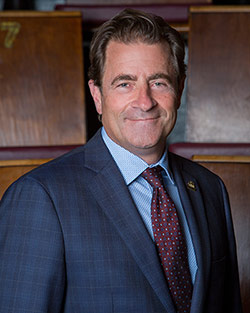 “As much as we will miss Dr. Neuzil and her extraordinary success leading CVD, I am so excited for her to have this well-deserved opportunity at NIH, and the honor to be the first woman director of Fogarty,” said Dean Mark T. Gladwin, MD, who is the John Z. and Akiko K. Bowers Distinguished Professor and Dean of UMSOM, and Vice President for Medical Affairs at University of Maryland, Baltimore. “Under her leadership, CVD’s pathbreaking vaccine and global health research profoundly shaped the most important vaccine policies around the world, including CVD’s widely-recognized leadership in vaccine research and testing–globally and locally–during the most challenging periods of the COVID-19 pandemic.”
“As much as we will miss Dr. Neuzil and her extraordinary success leading CVD, I am so excited for her to have this well-deserved opportunity at NIH, and the honor to be the first woman director of Fogarty,” said Dean Mark T. Gladwin, MD, who is the John Z. and Akiko K. Bowers Distinguished Professor and Dean of UMSOM, and Vice President for Medical Affairs at University of Maryland, Baltimore. “Under her leadership, CVD’s pathbreaking vaccine and global health research profoundly shaped the most important vaccine policies around the world, including CVD’s widely-recognized leadership in vaccine research and testing–globally and locally–during the most challenging periods of the COVID-19 pandemic.”
Dr. Neuzil’s robust research portfolio features more than 330 scientific publications on vaccines and infectious disease research. She has received NIH, other governmental and philanthropic funding throughout her career s At UMSOM’s CVD, she leads a large Gates-funded consortium (TyVAC) to accelerate the introduction of the typhoid vaccine into low resource countries and has a robust influenza research program, including a Collaborative Influenza Vaccine Innovation Center (CIVIC) Clinical Core to develop and test more broadly reactive and longer lasting influenza vaccines. Her research capabilities are complemented by 20 years of involvement in domestic and international policy. Dr. Neuzil has a strong commitment to mentoring the next generation of scientists and leaders in the field.
“It has been a privilege to lead CVD since 2015,” said Dr. Neuzil. “CVD sets the standard for academic Vaccinology, and the impact of our work, domestically and internationally, has been measured in countless lives saved. I look forward to following the future successes of CVD with pride as I transition to this exciting new opportunity.”
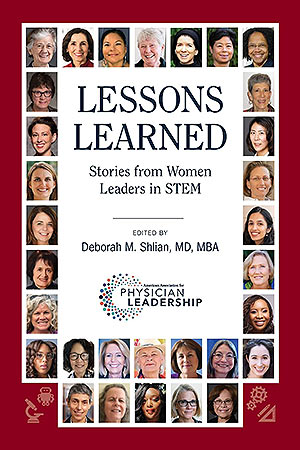 For over 40 years, researchers in CVD have worked domestically and internationally to develop, test, and deploy vaccines to aid the world’s underserved populations. CVD is an academic enterprise engaged in the full range of infectious disease intervention from basic laboratory research through vaccine development, pre-clinical and clinical evaluation, large-scale pre-licensure field studies, and post-licensure assessments. CVD has created and tested vaccines against cholera, typhoid fever, paratyphoid fever, non-typhoidal Salmonella disease, shigellosis (bacillary dysentery), Escherichia coli diarrhea, nosocomial pathogens, tularemia, influenza, coronaviruses, malaria, and other infectious diseases.
For over 40 years, researchers in CVD have worked domestically and internationally to develop, test, and deploy vaccines to aid the world’s underserved populations. CVD is an academic enterprise engaged in the full range of infectious disease intervention from basic laboratory research through vaccine development, pre-clinical and clinical evaluation, large-scale pre-licensure field studies, and post-licensure assessments. CVD has created and tested vaccines against cholera, typhoid fever, paratyphoid fever, non-typhoidal Salmonella disease, shigellosis (bacillary dysentery), Escherichia coli diarrhea, nosocomial pathogens, tularemia, influenza, coronaviruses, malaria, and other infectious diseases.
Over the course of her career, Dr. Neuzil has received numerous awards. Among them, in 2022, she was named Marylander of the Year by the Baltimore Sun for her unprecedented leadership on COVID vaccines and treatment research. In 2016, she received the Vanderbilt University School of Medicine Distinguished Alumna Award, and in 2014 she was named by Vaccine Nation as “One of 50 Most Influential Persons in Vaccines.” In 2022, she was profiled in a book published by the American Association for Physician Leadership (AAPL): Lessons Learned: Stories from Women Physician Leaders. She was elected to the prestigious National Academy of Medicine in 2019.
Dr. Neuzil received her undergraduate degree in zoology from the University of Maryland, College Park. She earned her M.D. from Johns Hopkins University School of Medicine, Baltimore, and completed her internship and residency at Vanderbilt University School of Medicine, Nashville, Tennessee. While at Vanderbilt, she also completed a fellowship in infectious diseases and earned her master’s in public health. She is a member of the World Health Organization Strategic Advisory Group of Experts on Immunization. She also previously served on CDC’s Advisory Committee on Immunization Practices.
About the University of Maryland School of Medicine
Now in its third century, the University of Maryland School of Medicine was chartered in 1807 as the first public medical school in the United States. It continues today as one of the fastest growing, top-tier biomedical research enterprises in the world -- with 46 academic departments, centers, institutes, and programs, and a faculty of more than 3,000 physicians, scientists, and allied health professionals, including members of the National Academy of Medicine and the National Academy of Sciences, and a distinguished two-time winner of the Albert E. Lasker Award in Medical Research. With an operating budget of more than $1.2 billion, the School of Medicine works closely in partnership with the University of Maryland Medical Center and Medical System to provide research-intensive, academic, and clinically based care for nearly 2 million patients each year. The School of Medicine has more than $500 million in extramural funding, with most of its academic departments highly ranked among all medical schools in the nation in research funding. As one of the seven professional schools that make up the University of Maryland, Baltimore campus, the School of Medicine has a total population of nearly 9,000 faculty and staff, including 2,500 students, trainees, residents, and fellows. The School of Medicine, which ranks as the 8th highest among public medical schools in research productivity (according to the Association of American Medical Colleges profile) is an innovator in translational medicine, with 606 active patents and 52 start-up companies. In the latest U.S. News & World Report ranking of the Best Medical Schools, published in 2023, the UM School of Medicine is ranked #10 among the 92 public medical schools in the U.S., and in the top 16 percent (#32) of all 192 public and private U.S. medical schools. The School of Medicine works locally, nationally, and globally, with research and treatment facilities in 36 countries around the world. Visit medschool.umaryland.edu
About the Center for Vaccine Development and Global Health at the University of Maryland School of Medicine
For over 40 years, researchers in the Center for Vaccine Development and Global Health (CVD) have worked domestically and internationally to develop, test, and deploy vaccines to aid the world’s underserved populations. CVD is an academic enterprise engaged in the full range of infectious disease intervention from basic laboratory research through vaccine development, pre-clinical and clinical evaluation, large-scale pre-licensure field studies, and post-licensure assessments. CVD has created and tested vaccines against cholera, typhoid fever, paratyphoid fever, non-typhoidal Salmonella disease, shigellosis (bacillary dysentery), Escherichia coli diarrhea, nosocomial pathogens, tularemia, influenza, coronaviruses, malaria, and other infectious diseases. CVD’s research covers the broader goal of improving global health by conducting innovative, leading research in Baltimore and around the world. Our researchers are developing new and improved ways to diagnose, prevent, treat, control, and eliminate diseases of global impact, including COVID-19. In addition, CVD’s work focuses on the ever-growing challenge of antimicrobial resistance.
Contact
Deborah Kotz
Senior Director of Media Relations
Office of Public Affairs & Communications
University of Maryland School of Medicine
DKotz@som.umaryland.edu
o: 410-706-4255
c: 617-898-7955
t: @debkotz2
Related stories

Tuesday, April 30, 2024
Miriam K. Laufer Appointed Interim Director of the Center for Vaccine Development and Global Health
University of Maryland School of Medicine (UMSOM) Dean, Mark T. Gladwin, MD, announced that Miriam K. Laufer, MD, Professor of Pediatrics, Medicine, and Epidemiology & Public Health, has been appointed as the Interim Head of UMSOM's Center for Vaccine Development and Global Health (CVD).

